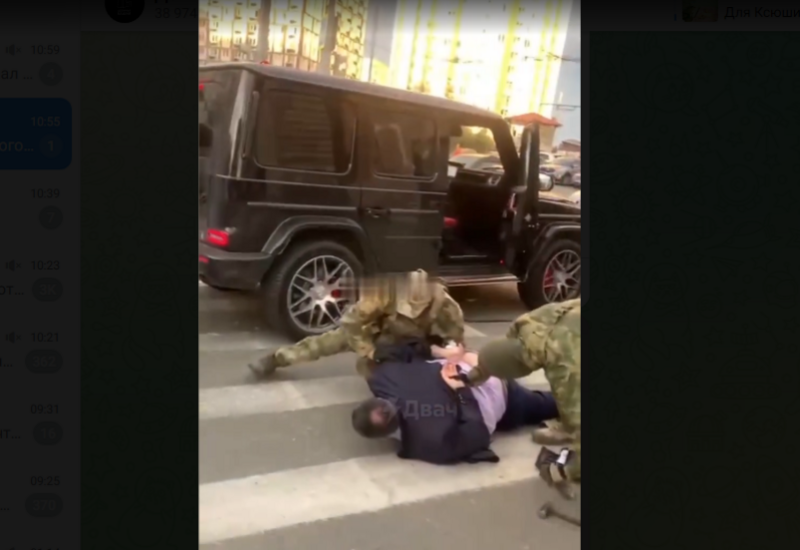By Russian President
BAKU, Azerbaijan, July 2. In recent days, a
troubling pattern has emerged in Russia – a display of “legality”
that feels more performative than principled. The latest example
involves the violent detention of Shahin Shikhlinsky, head of the
Azerbaijani diaspora in Yekaterinburg, and his son. Footage of the
incident, widely shared on social media, has sparked outrage,
particularly within the Azerbaijani community.
The video shows Russian law enforcement officers in camouflage
uniforms surrounding a vehicle in which Shikhlinsky and his son
were sitting. What followed resembled a military-style ambush more
than a lawful detention. Rather than simply opening the car door,
officers shattered the windows with a hammer and dragged the two
men onto the asphalt, forcibly twisting their arms behind their
What makes the incident especially alarming is that neither
Shikhlinsky nor his son resisted arrest. There were no signs of
flight, aggression, or threat. Yet the officers acted as though
they were neutralizing armed terrorists.
And here’s the key detail: Shikhlinsky was not even a suspect.
He was summoned merely as a witness. He had already
cooperated with investigators previously, answering questions
without incident. There was no legal or practical justification for
such an aggressive operation. A phone call or a summons would have
The message seems clear: this was a show of force, not a pursuit
of justice.
Observers and human rights advocates are calling the event a
chilling display of state power – meant not to apprehend, but to
intimidate. The aggressive handling of a peaceful community figure
is raising questions not just about law enforcement protocols, but
about the rule of law itself in modern Russia.
Shikhlinsky has since been released, but the damage is done. The
footage – raw, public, and humiliating – was more than just an
arrest. It was, in effect, a warning.
Many see this incident as emblematic of a broader pattern: a
country where legal procedures are often bypassed in favor of
spectacle, where citizens can no longer count on due process, and
where force trumps dialogue. In such an environment, fear becomes a
tool of governance.
The symbolism of the raid – its aggression, its disregard for
basic rights, and its timing – suggests a calculated act designed
to send a message. And for many, that message is deeply
unsettling.
